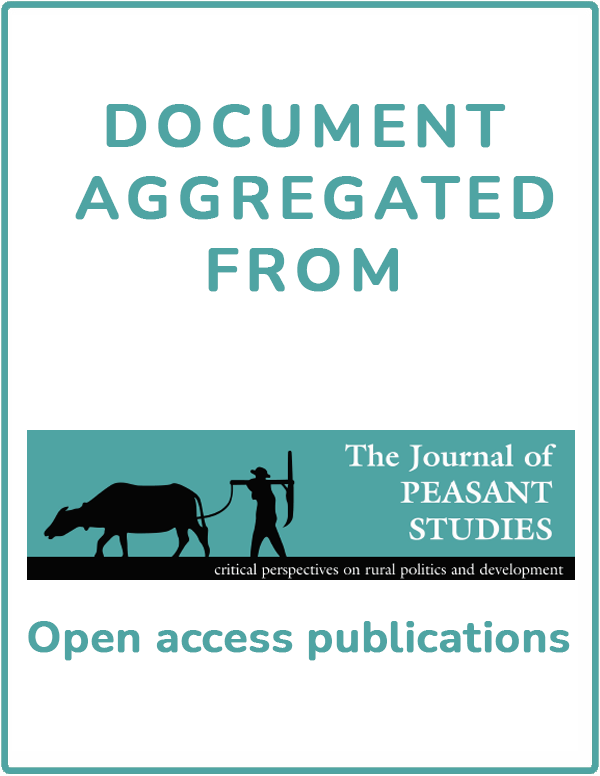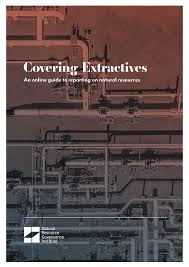Defending Shan State's customary tenure systems from below through collective action research
Much of rural Myanmar remains under local Customary Tenure Systems (CTS), particularly in upland ethnic areas. Yet CTS lack legal recognition and are increasingly vulnerable to appropriation. This paper examines how, since 2016, communities and civil society organisations (CSOs) across Shan State have organised to document their CTS as a basis for advocacy. Findings confirm CTS remain prevalent and valued, but communities are experiencing increasing pressure, through both gradual erosion, and direct appropriation. Communities and CSOs demand statutory recognition and protections.









